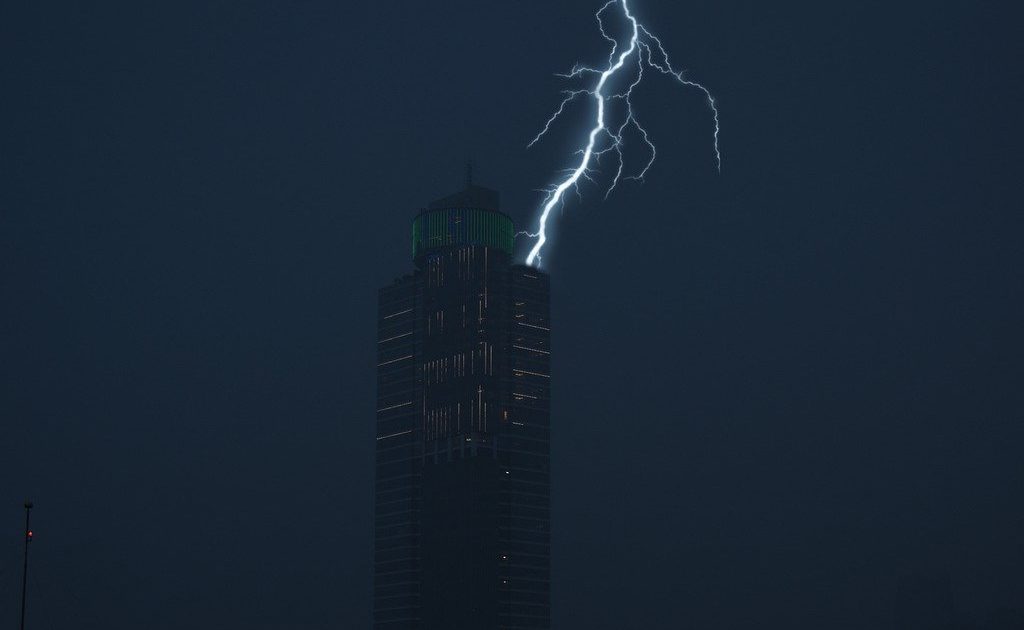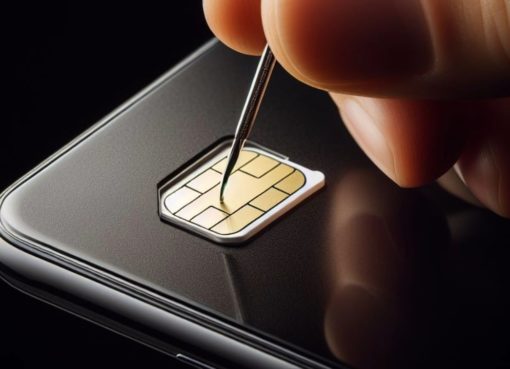The Lightning Network is one of the most bullish developments that the Bitcoin ecosystem has seen so far. And all the available metrics point up, a healthy and vibrant network is brewing. However, investor Kevin Rooke took a deeper look and found out that the Lightning Network is probably even bigger than previously thought. “Inaccurate comparisons and privacy preserving features make it hard to truly understand how big the Lightning Network is.”
Related Reading | Bitcoin Lightning Network Reaches Record Capacity
What does Rooke mean by that? Let’s find out.
The Lightning Network By The Numbers
A casual look at popular analytics platform 1ml tells us that, at the time of writing, The Lightning Network is composed of 24,688 nodes, 64,577 channels, and the network capacity is 2,272.89 BTC. All of those numbers are up. However, “The Lightning Network is not a borrowing protocol, an AMM, or a store of value. Furthermore, the idea that Bitcoin is “locked” on the Lightning Network is misleading at best.”
There are a number of DeFi protocols that have a much higher number of BTC “locked,” and people mistakenly compare that number to the Lightning Network ‘s capacity. In DeFi, usually, the funds are in fact locked and can’t be touched until the contract in question runs its course. In Lightning, things are quite different:
As explained in the book Mastering the Lightning Network, funds that are added to the Lightning Network are not locked, they are unleashed. As soon as a new Lightning channel is opened, those funds can be sent anywhere on the Lightning Network in an instant, and for almost no cost.
And speaking about channels, Kevin Rooke talked about them in an “investor letter” dated June 28th:
There are currently over 51,800 channels routing payments between 22,000 nodes, and 21% of those Lightning Network channels were created in the last 30 days.
On the surface, 21% monthly channel growth seems impressive, but new channel creation is a slightly misleading metric as nodes frequently open and close new channels.
A more accurate measure of growth is that the total number of channels on the Lightning Network is up by 10.8%, or over 5,000 channels in the last month.
Compare that to the more recent figure that we gave you at the beginning of the section and note how the number of channels grew in just a month and a half. That’s not all, take into account that:
Some nodes don’t want their channels to be included in the public Lightning Network graph, and instead choose to open ‘unadvertised’ or ‘private’ channels.
BTC price chart for 08/13/2021 on FTX | Source: BTC/USD on TradingView.com
Privacy Doesn’t Let Us See How Much Money Goes Through Lightning
Most of the transactions that take place inside the Lightning Network are private. Only at the time of settlement between two parties are the final numbers forever registered into the Bitcoin blockchain. That means it’s impossible to know exactly how much money is going through Lightning on any given day. Or in total.
Related Reading | Bitcoin Community Celebrates as Crucial Lightning Network Project Launches
However, Rooke estimates that “annual on-chain volume is almost 6x higher than the value locked into the Bitcoin network, despite the relatively high transaction fees and slow block times that make payments cumbersome.” That’s on the main Bitcoin blockchain. On the other hand:
The Lightning Network is designed for making fast and inexpensive payments, so if $85 million of Bitcoin is already on the Lightning Network, it would make sense for annual payment volume to be at least 6x higher, or at least $510M.
That’s a bare minimum. And things are just getting started. In September, El Salvador’s Bitcoin Law goes into effect and the whole country will start using the Lightning Network. And take into account that roughly a quarter of El Salvador’s GDP comes from remittances, so it’s not a stretch to think that Salvadoreans all over the world will start using it as well. Add to that Jack Dorsey’s projects, both Square and Twitter are looking into Lightning integration.
In fact, Dorsey published this tweet yesterday:
Agreed.
Every account on Twitter being able to link to a Lightning wallet however…
— jack⚡️ (@jack) August 12, 2021
And this is just the tip of the iceberg. For more impressive numbers and deductions, be sure to read “The Lightning Network Is Bigger Than You Think.”
Featured Image by Anuraj SL from Pixabay - Charts by TradingView




